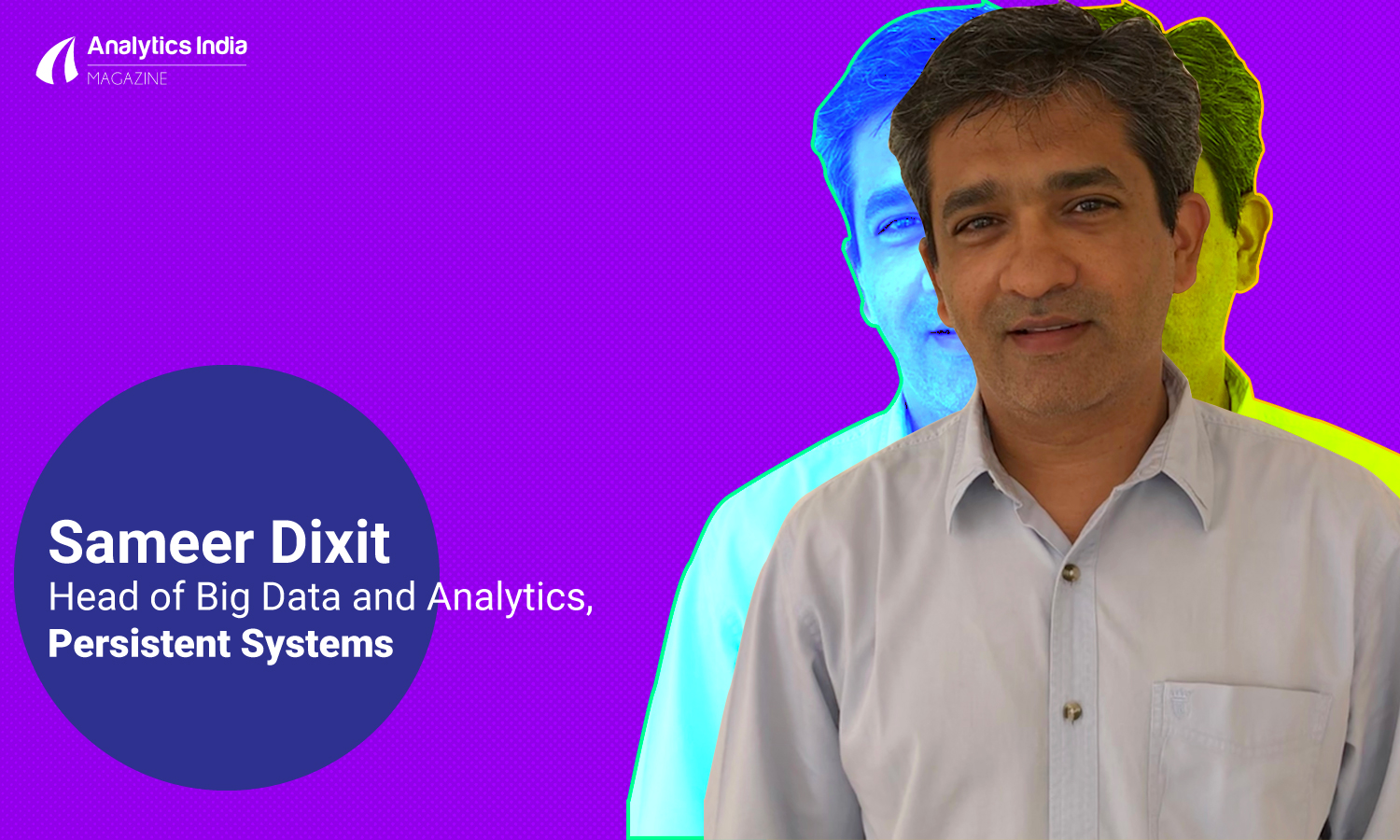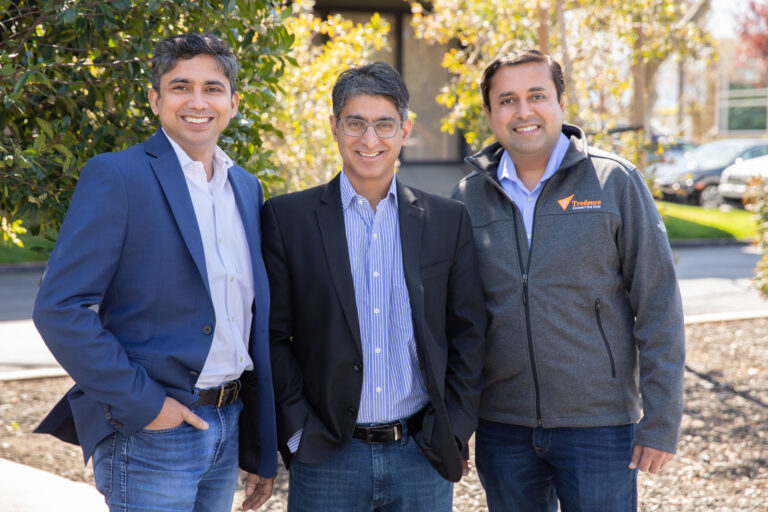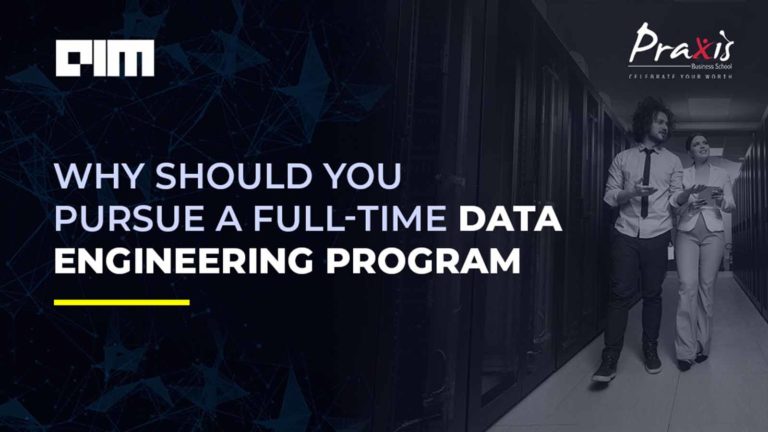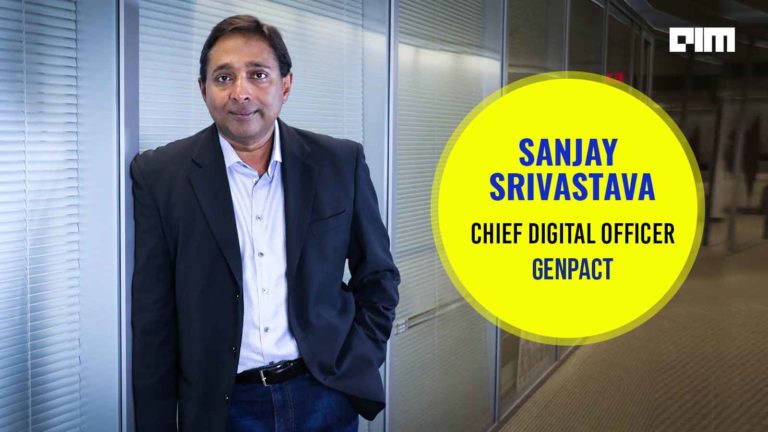The next interaction in the series of articles for understanding the analytics hiring scenario in Indian companies is with Sameer Dixit who is the head of big data and analytics at Persistent Systems. He shares his views on various skills required to make it big in the industry, efforts taken by Persistent Systems to bridge the talent gap and advice for professionals who wish to make a career in analytics, among other things.
Analytics India Magazine: What does the analytics hiring scenario in Indian companies look like?
Sameer Dixit: When we talk about analytics there are three core areas:
- ETL reporting data warehousing
- Big data and
- Machine learning
While the first and second areas are mostly around excel, Hadoop, NoSQL and real-time data processing, machine learning jobs require specific talent and skills which are hard to spot. The challenge is that the candidates have a lot of skills on their resumes but most of them haven’t worked on these technologies. It is difficult to understand what a candidate’s experience really is. Most of them have a course on Coursera so they can talk about concepts like neural networks fluently, but they have no practical experience in it. The second challenge is the salary expectation, especially for ML professionals. You have to be very creative while hiring the right team.
AIM: What are the skills in machine learning that a candidate should ideally have? How can these skills be trained?
SD: While talking about machine learning, not everybody can be a data scientist. While hiring ML professionals we look for specific positions because if you hire for generic roles, it would be exhausting both in terms of salary expectation and looking for the right talent. You have to compromise on certain kind of skills that you really need. You have to be aware of what kind of skills a particular project would require and hire accordingly. There should be a stronghold in machine learning programming and have an idea of what kind of algorithms should be used, different models that could be deployed, technologies that can be used, and others. As an organisation, a clarity is required to hire the best ML person.
We extensively train people who are good in data and turn them into machine learning experts. Most of the ML projects are about data preparation, data aggregation and other data handling. So if the candidates are good, it is easy to pick them. We also do a lot of internships. Persistent Systems sponsors data science program at Indiana University, from where we churn the best people for our teams. The benefit is that these people would have domain knowledge as well as programming skills, which works well for us.
AIM: How can the talent gap in analytics be bridged? What are some of the initiatives taken by Persistent Systems in this direction?
SD: We have been identifying the right talent who have interest in machine learning by few of our initiatives. We do events like Know Machine Learning, Know Big Data, Know Linux, Know SQL, and others which give us a wide publicity and participation from these professionals. We conduct few quiz sessions and identify people who have interest in this field. Once we identify 20-25 people who have potential to do good, we focus on them rather than trying to look from all directions. We are not trying to churn the whole ocean but get those who have real potential. We have a focused approach and we encourage people to get ML courses internally. We also conduct weekly sessions on interesting projects to get them practical exposure.
ML is one space where everyone wants to be a part of it, so in a way, it is good as we do not have a dearth of people who want to be considered for the role, bad because we have to screen a lot of resumes to find the right pick. Basically, training, awareness sessions, case study presentation and quiz studies have worked well for us.
AIM: What are the challenges that are preventing the talent growth in analytics industry?
SD: I think these days most of the universities are autonomous and we are working with universities like VIT where professors are eager to introduce a flavour of industry into the curriculum. Earlier universities used to control it and these colleges could not do a lot of what they wanted to, but that seems to be changing, which is a good sign. What is missing right now is that they have to make technologies like ML a part of their curriculum more aggressively and explore real-life applications of these technologies. Also, colleges need to understand that ML is not everything and data processing skills is equally, if not more important than ML skills.
There is an assumption that AI will solve all the problems, which is not true and colleges need to train students on data management fundamentals as well. However, the good thing is that most college grads that come here have heard of most of the technologies such as TensorFlow, H20, Anaconda, Eclipse and others, so we don’t have to start from the scratch to train them when they come here.
AIM: What does the typical hiring process look like at Persistent Systems?
SD: We have a dedicated recruitment team for hiring candidates with specific skills as a general recruiter may not be able to handle screening of technical skills. Our hiring process goes on for around two months given the long notice periods. So we have to plan in advance. We also transfer people internally a lot of time. It is usually a mix of 40 percent internal and 60 percent external hiring. We also offer bonus packages and other incentives to retain the talent.
AIM: What are the current analytics openings at Persistent Systems?
SD: There are a lot of positions around machine learning and big data currently available to be filled at Persistent Systems. We are looking for people with skills in Cassandra, Hadoop distribution and others. We are extensively looking for people who have done cloud-based analytics, especially around Amazon, Azure or Google. Someone who has data, as well as cloud knowledge, is the future and there is a lot of demand in it. We also have demand for people using platform-as-a-service in data analytics. What we typically observe is there is a lot of demand but supply is where we are bottlenecked. Some of the typical positions at Persistent are architect, senior developers, among others.
AIM: What is your advice for professionals who wish to carve out a career in analytics?
SD: They need to have a strong understanding of Linux, SQL concepts, cloud, Java, Python etc. they need to extremely good in these areas to make it big in analytics space. My second advice is to have a strong hands-on experience in projects because having a practical and production-level experience is different from theoretical knowledge. Building skills around DevOps, ML and big data is also extremely crucial. Also, not just focusing on the development but how to get it deployed is also essential. Don’t be a tool guy, but be a guy who knows technologies and programming skills exceptionally well. Focus on these areas and keep learning.


















































































